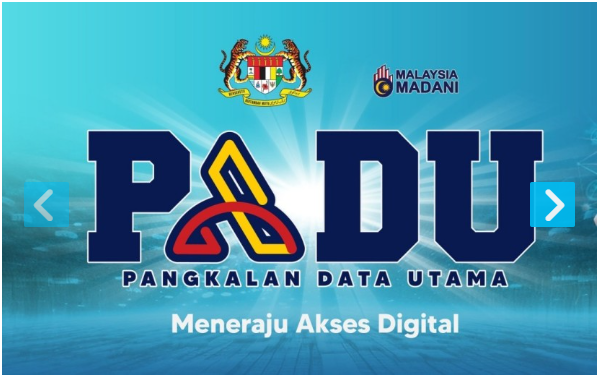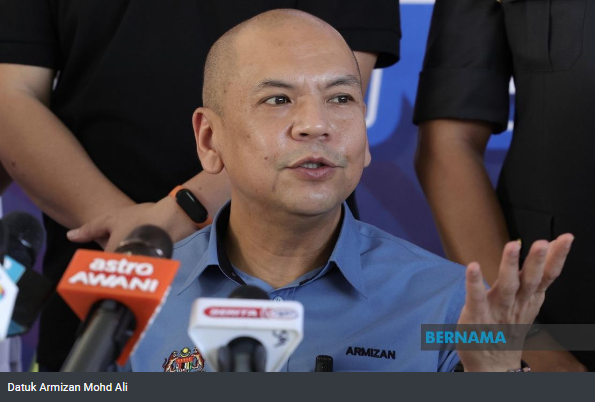
|
Getting your Trinity Audio player ready...
|
Prime Minister Datuk Seri Anwar Ibrahim will be launching the Central Database Hub (PADU) which is a system containing individual and household profiles encompassing citizens and permanent residents in MaIaycia at Putrajaya International Convention Centre (PICC) on 02 January 2024.
The ceremony which is scheduled from 8.3o am to 2 pm involves a presentation on PADU by Chief Statistician Datuk Seri Dr Ivlohd Uzir Mahidin and a forum titled ‘Driving Transition Through PADM’ before Anwar officiates the system at 12.15 pm.

The objective of PADU is to provide a safe, comprehensive and near real-time national main database that enables more accurate data analytics to be produced as well as for policy formulation and data-driven decision-making processes, besides enabling targeted policy implementation to balance the fiscal position.
Profile information will be obtained through the integration of administrative data from various sources and a part of it will be updated by individuals.
The implementation of PADU is to improve management efficiency that facilitates the collection, storage and management of data from various sources. It also aims to improve the delivery of government services with PADU for better and more efficient services to be delivered to the people.
Apart from effective monitoring and evaluation of the implementation of national policies, PADM which is an integrated and centralised database can save resources significantly.
Domestic Trade and Cost of Living Minister Datuk Armizan Mohd Ali revealed that the launch of the Central Database Hub (Padu) will revolutionise subsidy distribution by precisely identifying eligible recipients, focusing on specific criteria like dependents rather than relying solely on income categories.
He highlighted Padu’s crucial role in ensuring subsidies, totalling RM81 billion this year, reach the right beneficiaries, preventing misuse by ensuring fair distribution to those in genuine need.
All citizens aged 18 and above need to register and check data on the PADU portal as well as update and verify 39 required personal information. The system will be open for three months for Malaysian citizens to verify and update their socio-economic data.

Armizan urged the public to update their information and not wait until the very last minute to do so to ensure that no one is left out from getting government aid and that the targeted subsidies reach the intended groups.
Malaysia has been pushing hard on its digital transformation ambitions. Among its strategic initiatives is the Malaysian Government Central Data Exchange (MyGDX) which reflects substantially on the country’s commitment to digitalisation.
MyGDX acts as a pivotal data-sharing platform, facilitating seamless integration and coordination across agencies to streamline E2E online services. This implementation aims to ensure accurate, updated, and consistent information from validated sources, reducing duplication in infrastructure, operation, and maintenance costs while enhancing citizen-government interactions by eliminating repetitive data submissions.
MyGDX 2.0 further fortifies this endeavour by offering secure data sharing across classifications, governance management, cross-agency integration, and comprehensive technical support services.
Malaysia’s commitment to digital transformation remains steadfast, evident in recent governmental restructuring emphasising the centralisation of digital policies and initiatives to propel the nation’s technological evolution.
In a move aimed at bolstering Malaysia’s digital economy, OpenGov Asia covered the recent Cabinet reshuffle that has brought about the separation of the Communications Ministry and the Digital Ministry, a step towards consolidating efforts and policies to propel the nation’s technological advancement.
Communication Minister Fahmi Fadzil stressed the importance of aligning internal policies to strengthen the digital sector. Discussions with Prime Minister Datuk Seri Anwar Ibrahim’s team highlighted the necessity for coordinated efforts across ministries. Previously, the digital economy fell under the purview of four ministries, causing fragmented management of critical facets.
















